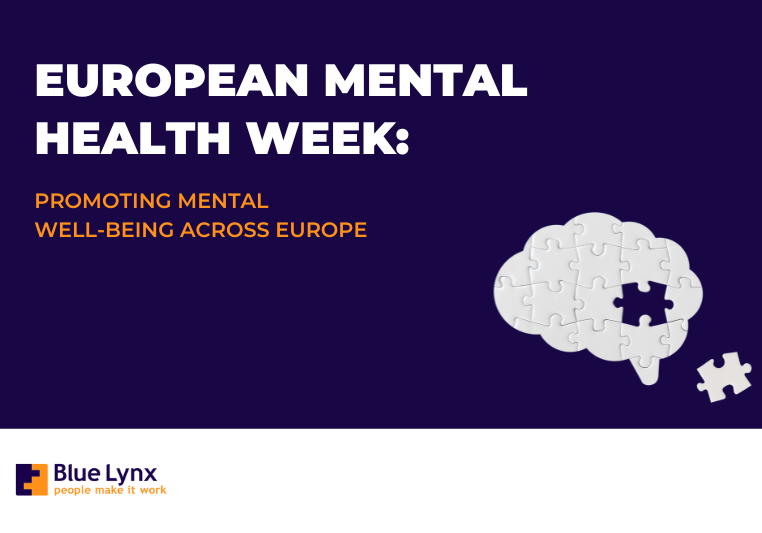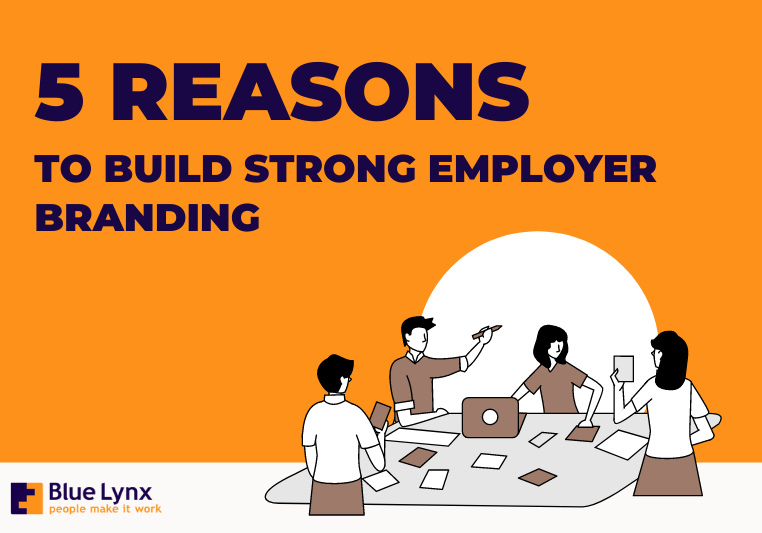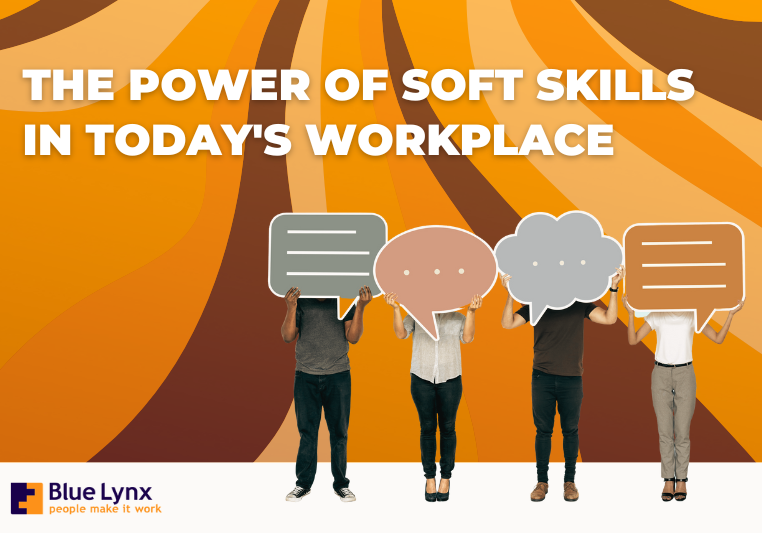What is toxic productivity?
Productivity is often seen as a positive attribute, one that is essential for success in both personal and professional life. It is a measure of how efficiently and effectively we can get things done. However, the pursuit of productivity can sometimes have negative consequences, leading to what is known as “toxic productivity.”
Toxic productivity refers to the phenomenon where the obsession with being productive becomes harmful to our well-being. This can manifest in many ways, such as constantly pushing ourselves to do more, even when tired or sick. To make it worse, it can also progress into neglecting self-care and sacrificing personal and professional relationships for the sake of getting things done.
One of the reasons toxic productivity is becoming more prevalent is the pressure society places constantly pushing us to perform and achieve. With the rise of the gig economy and remote work, the lines between work and personal time have become blurred. Regrettably, this has made it easy for people to fall into the trap of working around the clock. Additionally, the growing emphasis on productivity as a measure of success and worth can lead to adopting poor self-care habits. For instance, it can mean becoming overly focused on checking items off our to-do lists, rather than taking the time to rest and recharge amongst others.

What causes toxic productivity
In today’s fast-paced and competitive world, we are under constant pressure to be productive and to achieve success in all aspects of our lives.
One of the main causes of toxic productivity is the belief that one must be productive all the time to be successful. This belief creates constant pressure to perform and achieve and can lead to adopting a hustle culture.
77% of individuals have experienced job burnout and 42% have quit their jobs due to burnout, as per a Deloitte study. This is attributed to the mental and emotional strain caused by working extended hours and striving to meet impractical expectations fostered by the harmful effects of hustle culture.
Hustle culture refers to the attitude that emphasises working long hours and sacrificing personal time and well-being for the sake of career success. This culture is prevalent in many modern workplaces, with the belief that putting in extra effort and working harder than others is the key to success.
While some may thrive in this environment, it can lead to burnout, stress, and a negative impact on mental and physical health. Moreover, hustle culture can perpetuate the idea that working hard is the only way to achieve success. What is worse – it can drive you to ignore the systemic barriers that prevent you from reaching your full potential. This is why employers need to promote a healthy work-life balance and recognise the value of rest and self-care to create a sustainable and equitable workplace.
Fear of failure at work
Did you know that according to a 2021 study in the UK, 51% of entrepreneurs had fear of failure?
When we become overly focused on being productive, we often become afraid of failing and making mistakes. This fear can lead to an all-or-nothing mindset, where we are either working at full speed or not working at all.
The pressure to be productive can also come from external sources, such as social media, where we are constantly bombarded with images of successful people who appear to be richer and better looking than us, and – constantly working. This can create feelings of inadequacy and the belief that we must work harder and longer to achieve success.
Lack of self-care and a failure to set boundaries
When we are constantly working, we often neglect our physical and mental well-being, which can lead to health effects like severe burnout.
Prioritising work above our own needs can lead to physical and emotional exhaustion, as well as feelings of cynicism and reduced effectiveness. Neglecting self-care practices such as exercise, healthy eating, and restful sleep can further exacerbate burnout. Similarly, failing to set clear boundaries around work hours and expectations can lead to an unhealthy work-life balance. As a result, work seeps into personal time and creates a never-ending cycle of stress and burnout. It is crucial to prioritise well-being to protect your time and energy. Employers also bear a huge responsibility to foster a supportive and balanced work culture that values the mental and physical health of their employees.
Health effects of toxic productivity
The consequences of toxic productivity are significant and can include physical and mental health problems, such as burnout, stress, and depression. Did you know that depression is prevalent on a global scale, with around 3.8% of the population affected, including 5.0% of adults and 5.7% of individuals aged over 60 years. In fact, an estimated 280 million people worldwide suffer from depression. It can also impact personal relationships and lead to feelings of guilt and shame for not being able to “do it all.”
It’s important to reframe the way we think about productivity. Rather than viewing it as a measure of success, we should focus on the quality of our work and the impact it has on our lives and the lives of those around us. This means finding a healthy balance between work and personal time, and recognising that taking care of ourselves is an investment in our future productivity and success.
When we become consumed by the need to be productive, we often ignore the signs that we need to slow down, leading to feelings of guilt, shame, and low self-esteem. This can trigger anxiety and depression and can make it difficult for us to find meaning and purpose in life.
In addition to its impact on mental health, toxic productivity can also have physical health consequences. People who are constantly pushing themselves to be productive often neglect their physical needs, such as eating well, getting enough sleep, and engaging in regular physical activity. Over time, this can lead to a decline in physical health, and increase the risk of developing chronic conditions such as obesity, heart disease, and diabetes.
How to avoid toxic productivity
To avoid toxic productivity, it is important to prioritise balance and well-being in both personal and professional life. This can involve setting clear boundaries around work hours, taking regular breaks and vacations, and engaging in self-care practices such as exercise, meditation, or hobbies.
It is also essential to recognise the value of rest and recovery in maintaining productivity and creativity, rather than constantly pushing oneself to the brink of burnout.
Here are a few tips that you can follow to successfully deal with toxic productivity:
- Allow yourself to reflect
Not everything needs to be addressed or solved immediately and most importantly by you. You don’t always have to be the one to step in, even if it feels like you should. Ask yourself: What is the worst that could happen if I take a day to think about this before taking action?
- Develop your emotional intelligence
Emotional Intelligence is responsible for 58% of job performance. Take a moment to consider and understand your emotions related to the situation and your urge to act. Identify the feelings that arise for you. What is the unfulfilled need behind the emotions that drive you to act quickly? What does this tell you about your leadership style?
- Cultivate curiosity
Spend more time in a reflective state, to grasp your desired outcome, the parties involved, the challenges, factors, options, and their consequences. Ask open-ended questions and listen attentively to the answers as you gather a clear understanding of what’s going on. This prolongs your period of reflection and analysis.
- Be selective with your actions
Not every situation or issue requires your intervention. Be discerning about when you will and won’t take action. This not only sets boundaries for you, but it also gives others the space to find solutions.
- Establish boundaries and prioritise self-care
Take a break from “doing” things – go for a walk in nature, meditate, play sports, relax, or enjoy hobbies, family, and socialising. Did you know that participation in team sports is associated with 10% lower anxious/depressed scores?
Another approach you can try is to view a relaxing day as productive in its way – it allows you to rest and gain peace of mind!
To sum it up
It’s important to recognise that success is not defined by productivity. Instead of striving to be productive all the time, we should strive for balance.
While productivity is an important aspect of success, it’s important to recognise the potential for it to become toxic. By understanding the effects of toxic productivity on health, and taking steps to prevent it, we can ensure that the pursuit of high achievement does not come at the cost of our well-being.
Additionally, it’s a good practice to reframe our perspective on productivity to focus on meaningful and impactful work rather than just sheer output. It is important asses whether tasks align with personal values and goals, or whether we are mindlessly checking off to-do lists. Employers can also play a role in preventing toxic productivity by promoting a supportive work culture that values employee well-being, providing opportunities for skill development and growth, and encouraging open communication and feedback. By prioritising balance and well-being and reframing one’s perspective on productivity, we can avoid the negative impact of toxic productivity and lead a fulfilling and sustainable work life.

![Toxic productivity [Title] Toxic productivity](https://bluelynxcareers.bg/wp-content/uploads/2023/02/Toxic-productivity.png)






![Education vs. experience [Title] Job requirements: Education vs. experience](https://bluelynxcareers.bg/wp-content/uploads/bb-plugin/cache/Job-requirements-education-vs-experience-landscape-1ec43d95a48ad704bd7217ec829c042f-.png)


![Unlocking the Connection between Sleep, Work, and Productivity The Importance of Quality Rest for Optimal Performance [Title] Unlocking the Connection between Sleep, Work, and Productivity The Importance of Quality Rest for Optimal Performance](https://bluelynxcareers.bg/wp-content/uploads/bb-plugin/cache/Unlocking-the-Connection-between-Sleep-Work-and-Productivity-The-Importance-of-Quality-Rest-for-Optimal-Performance-landscape-2b91ccd746800d863e8c65276c6876c9-.png)
![Attracting Talent and Driving Innovation The Role of Sustainability in Modern Business [Headline] Attracting Talent and Driving Innovation The Role of Sustainability in Modern Business [Headline]](https://bluelynxcareers.bg/wp-content/uploads/bb-plugin/cache/Attracting-Talent-and-Driving-Innovation-The-Role-of-Sustainability-in-Modern-Business-landscape-7f26c9342f1650800e5633d1b4424d68-.png)

